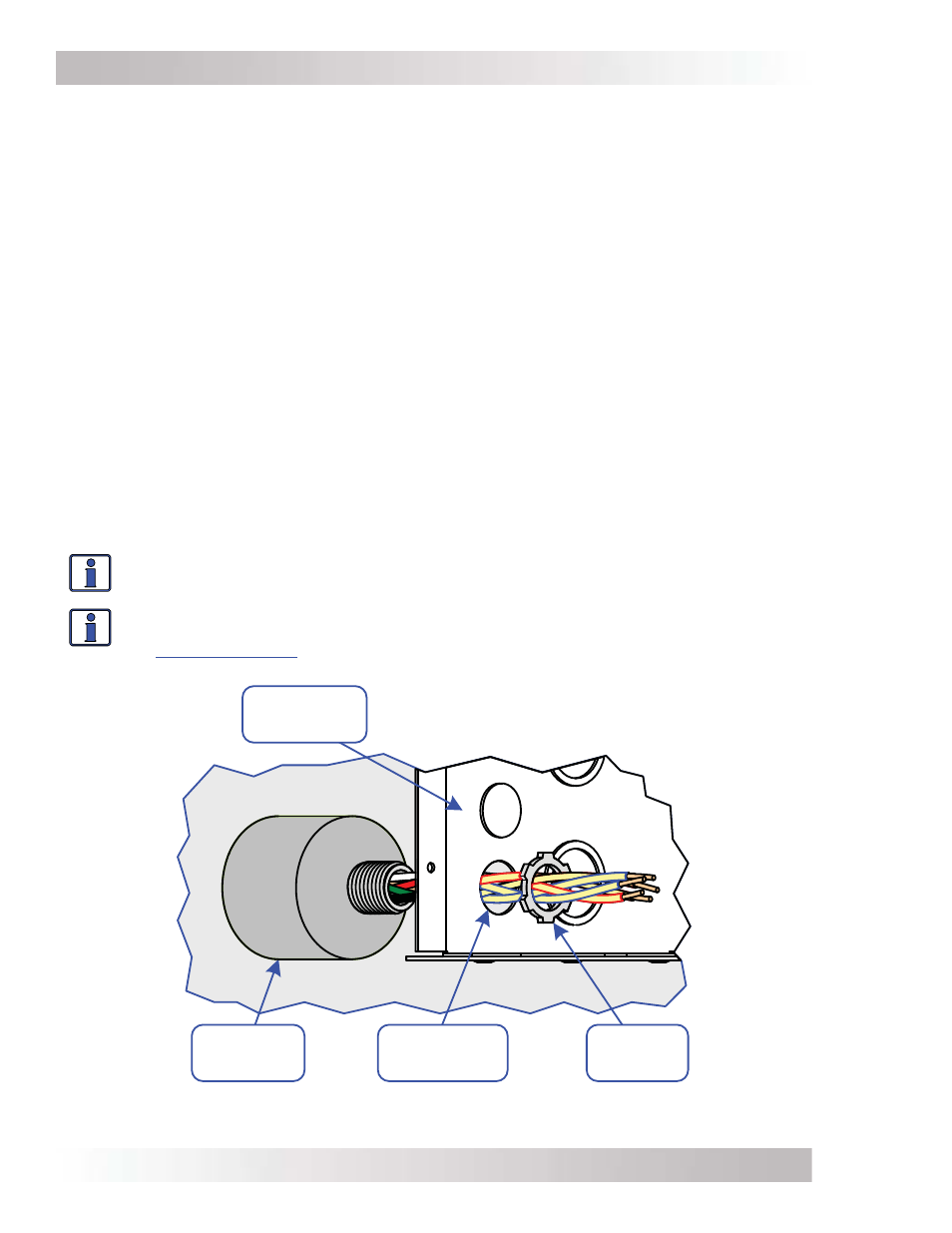A7 installing lightning arrestors – Magnum Energy Mini Magnum Panel (MMP Series) User Manual
Page 65

©
2013 Magnum Energy, Inc.
Page 56
Appendix A - Optional Equipment and Accessories
A7 Installing Lightning Arrestors
Unfortunately, in Renewable Energy (RE) systems where components are wired to outdoor electrical
systems, there is a greater chance of damage to these components from lightning strikes. Lightning
does not have to strike directly to cause damage, it can be far away and still induce power surges
or spikes in the wires of the RE system. Since the RE wires are connected to the conductors coming
into the house the inverters, charge controllers, batteries, and other components in the house or
power shed are easily susceptible to damage.
The best line of defense against these high voltage surges—caused by lightning—is to ensure you
have proper system grounding. Proper grounding attempts to divert lightning surges to earth,
instead of going through your electrical components. However, for additional protection in lightning-
prone areas or where good grounding is not feasible, install lightning arrestors (also known as high
voltage surge arrestors) on the DC and AC circuits of your renewable energy system. Lightning
arrestors are devices that respond to voltage variations instantaneously, effectively intercepting
potentially damaging spikes and surges and reducing them to acceptable power levels to protect
electrical equipment. Metal Oxide Varistors (MOVs), Silicone Oxide Varistors (SOVs), and Zinc
Oxide Non-linear Resistors (ZNRs) are three types of lightning/surge arrestors.
The most readily available lightning arrestors in the marketplace install into 1/2’’ conduit knockouts.
Since the MMP enclosure is the central connection point for the main AC and DC electrical
components of the renewable energy system, multiple 1/2” knockouts are provided to allow these
lightning arrestors to be easily installed. The lightning arrestors should be connected as close to
the equipment you are trying to protect as possible. Review Figure A7-1 for help installing these
lightning arrestors, and use Figure A7-2 for assistance on wiring lightning arrestors on the DC and
AC circuits inside the MMP enclosure.
Info: Install additional lightning protection (secondary lightning arrestor) if equipment
is more than 60 feet away from where the primary lightning arrestor is connected.
Info: For more information on lightning protection in RE systems, review Protection
Against the Effects of Lightning on Standalone Photovoltaic Systems – Common Practices
at
www.iea-pvps.org
.
Lightning
Arrestor
½” knockout
removed
½” lock
washer
MMP
Enclosure
Figure A7-1, Installing Lightning Arrestor on MMP Enclosure